40 natural claims on food labels
Use of the Term Natural on Food Labeling - FDA We also note that some Federal courts, as a result of litigation between private parties, have requested administrative determinations from the FDA regarding whether food products containing... Use of the Term "Natural" in the Labeling of Human Food Products ... the definition of "natural claims" in the fsis's food standards and labeling policy book, in relevant part, states that the term "natural" may be used on labeling for meat products and poultry products if the applicant for such labeling demonstrates that: (1) the product does not contain any artificial flavor or flavoring, coloring ingredient, …
Why Lawsuits Over 'Misleading' Food Labels Are Surging - The New York Times Inspectors with the Food Safety and Inspection Service, the U.S.D.A. agency charged with verifying labeling claims, only have jurisdiction over slaughterhouses and meat processing plants, not the...

Natural claims on food labels
What Does All Natural on a Food Label Mean? This means an ultra-processed snack food labelled 'made with natural flavours', may be construed as a better, healthier, or safer choice, simply because of the claim 'natural'. Yet, in reality this 'natural' snack food doesn't offer any advantages in terms of health or safety over its ultra-processed competitor who doesn't make the same claim. What's in a Claim? Would a Food Not Labeled "Natural" Taste as Sweet? On March 11, 2011, Shemshad Food Products, Inc. (Shemshad; Los Angeles, California) received a warning letter from FDA in which the agency stated that Shemshad's Lime Juice Natural product was misbranded owing to a misleading label. FDA observed that the ingredient statement listed a synthetic chemical preservative, sodium benzoate 1%, and ... Legal Guide to Health Claims on Food | Law@Dayton Food Label Lawsuit Case Studies Foods that have high sugar and fat content but call themselves "healthy" or those that claim to be "natural" but contain artificial ingredients have become hot areas for litigation. Neither "healthy" nor "natural" are regulated terms.
Natural claims on food labels. Food Label Claims - Agriculture Producer or Food Manufacturer. Example: Free Range. Producer claims do not have to go through external third-party audits. Some but not all statements must meet certain standards in order to be used (e.g., "free range" must meet USDA standards whereas "natural" is not as regulated) Not government defined but must comply with food ... Health Claims on Food Labels - Consumer Reports Health Claims on Food Labels: What's True, What Isn't A guide to what 'natural,' 'multigrain,' 'free-range,' and more really mean By Sally Wadyka January 07, 2019 R eading the information on food... Are your "all natural" claims all accurate? - Federal Trade Commission April 12, 2016. If companies market their products as "all natural" or "100% natural," consumers have a right to take them at their word. That's the message of four proposed FTC settlements and one just-issued administrative complaint challenging the allegedly deceptive use of those phrases in ads for skincare products, shampoos and ... Which food labeling claims put you most at risk of a class action ... Find out more about the hot button issues in food litigation, from Prop 65 to natural claims at the American Conference Institute (ACI) food law conference in Chicago on April 23-24. Get the full ...
8 misleading food marketing labels | AGDAILY Here are 8 of the most common misleading food marketing claims: 1. No nitrites or nitrates added. ... or has been added to, a food that would not normally be expected to be in that food." Although a "natural" label usually implies healthier and/or safer, that's just not the case. Whether a chemical is natural or synthetic tells you ... Natural - Consumer Reports Overview: CR surveys show that most consumers think that the claim "natural" on a food package should mean that the product contains no artificial ingredients, that it was produced without... Natural Claims: The Case for Clarity - FONA • 45% read the product label to determine if the natural claim on a product meets THEIR personal definition of natural. • Almost 48% of consumers would like to see companies stop using the natural claim and to start using single-attribute claims such as "no preservatives." Pushback on Natural Defining "Natural": Class Actions against Food Labels Lawsuits claim that disodium dihydrogen pyrophosphate is an odorless, industrial synthetic food preservative used to help retain a food's "natural" color. Disodium dihydrogen pyrophosphate is used in the leather and slaughter industries to remove stains from animal hides, as well as hair and feathers from poultry and hogs.
The Pitfalls of Making Free Claims in Food Labeling | Natural Products ... FDA's policy on natural allows the claim only when the food contains no added colors, artificial flavors or other synthetic substances. This implied "free" claim is based on which ingredients are used in the product and does not require analysis showing zero. Natural claims must be used carefully. Regulating health claims on food labels using nutrient profiling: what ... The proportion of products in each category carrying claims and the proportion of these that did not meet the nutrient profiling criteria were calculated. Results: Of those carrying health claims, 31 % did not meet the nutrient profiling criteria. These would be ineligible to carry these claims under the proposed regulation. Food Litigation Trends: New and Undefined Label Claims in 2017 Pfizer Inc., Case No. 1:15-cv-02133 (E.D.N.Y. 2016) (noting the packages "clearly displayed the total pill-count on the label" and the claim "does not pass the proverbial laugh test"). The Supreme Court recently declined to take on Conagra's challenge to class certification in a suit over "natural" claims on ascertainability grounds. Method of production claims on food labels - Canadian Food Inspection ... while the guidance provided for natural claims would not normally recognize a food to be natural if it contains added vitamins or additives (for example, milk with added vitamins a and d, enriched flour), companies would clarify, using evidence-based measures, the meaning of the claim and demonstrate how this interpretation still meets the …
Natural Label Claims - Canadian Food Business DEFINING "NATURAL" The Canadian Food Inspection Agency (CFIA) has issued guidance to industry on the use of natural and, more specifically, on how the prohibition against false and misleading labeling and advertising will apply in the case of natural claims.
Label Claims for Food & Dietary Supplements | FDA Among the claims that can be used on food and dietary supplement labels are three categories of claims that are defined by statute and/or FDA regulations: health claims, nutrient content claims,...
A Guide to FDA Regulation of Food Labeling Claims Among the FDA-regulated claims commonly declared on food labels are nutrient-content claims, health claims, qualified health claims and structure/function claims. Additionally, FDA has authority over claims related to gluten content, genetically modified organisms (GMOs) and "natural." It is critical that companies familiarize themselves with ...
Healthy, Natural, and other Clean Label Claims | Registrar There are four ways that foods may be labeled as organic: Products made with 100 percent organic ingredients may use the USDA Organic Seal or the term "100 percent organic." Products made with at least 95 percent organic ingredients may use the USDA Organic Seal or the term "organic".
Demystifying Food Labels - IFANCA Here are some of the latest food package claims on the front. Learn what they really mean for your health: "Natural" The claim "Natural" evokes images of fresh produce, healthy minerals, and process-free food manufacturing. Understand this: if it's in a box, bottle, can or on a shelf, that food is always processed in some way.
Natural and Organic Label Claims - Agriculture Natural and Organic label claims are used on food products to describe how they were grown, raised and/or processed. Two federal government agencies oversee the production and labeling of food in the United States to ensure that the label claims are truthful and not misleading.
Natural Food Claims Are Disappearing From Food and Beverage Labels ... Safeway, the California grocery store chain, is facing a class action lawsuit filed a few months ago over claims that its Open Nature product line are "100 percent natural." PepsiCo. settled a lawsuit over natural label claims by its subsidiary Naked Juice by agreeing to pay out $9 million and to stop using the claim "all natural."
FDA "Natural" Food Labeling | FDA Compliance Made Easy On November 12, the U.S. Food & Drug Administration ("FDA") announced that it is soliciting public comments on how the Agency should define the term "natural" and regulate its use in food labeling. The FDA has engaged the public's input after receiving two Citizen Petitions requesting the agency take action on establishing a formal ...
13 Misleading Food Label Claims and How Not to Be Tricked - Sentient Media However, when the term appears on packaging consumers tend to assume that the food item is of higher quality or healthier than non-organic alternatives. 13. Label Says "Zero Trans Fat" Foods that claim to contain zero trans fat can actually contain up to 0.5 grams per serving.
Legal Guide to Health Claims on Food | Law@Dayton Food Label Lawsuit Case Studies Foods that have high sugar and fat content but call themselves "healthy" or those that claim to be "natural" but contain artificial ingredients have become hot areas for litigation. Neither "healthy" nor "natural" are regulated terms.
What's in a Claim? Would a Food Not Labeled "Natural" Taste as Sweet? On March 11, 2011, Shemshad Food Products, Inc. (Shemshad; Los Angeles, California) received a warning letter from FDA in which the agency stated that Shemshad's Lime Juice Natural product was misbranded owing to a misleading label. FDA observed that the ingredient statement listed a synthetic chemical preservative, sodium benzoate 1%, and ...
What Does All Natural on a Food Label Mean? This means an ultra-processed snack food labelled 'made with natural flavours', may be construed as a better, healthier, or safer choice, simply because of the claim 'natural'. Yet, in reality this 'natural' snack food doesn't offer any advantages in terms of health or safety over its ultra-processed competitor who doesn't make the same claim.
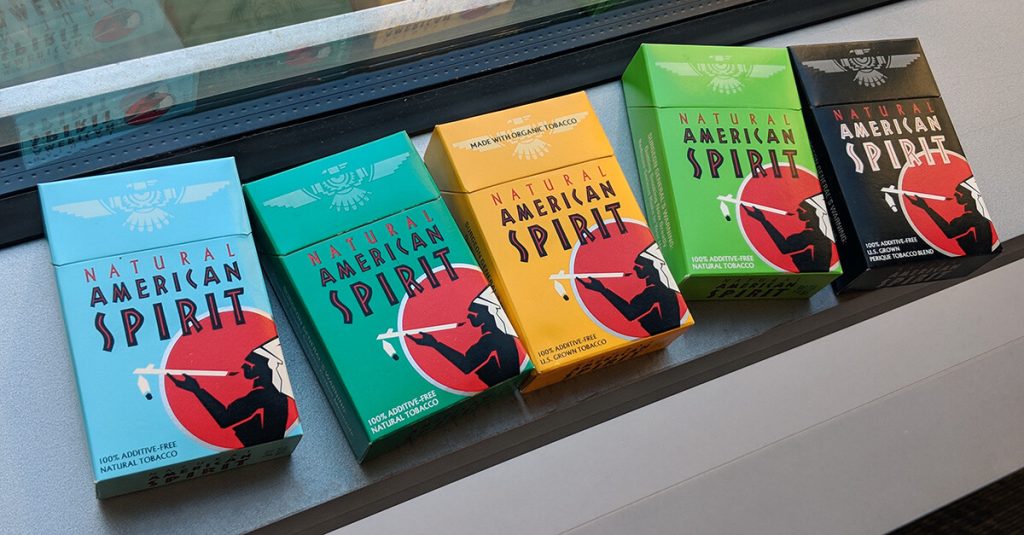
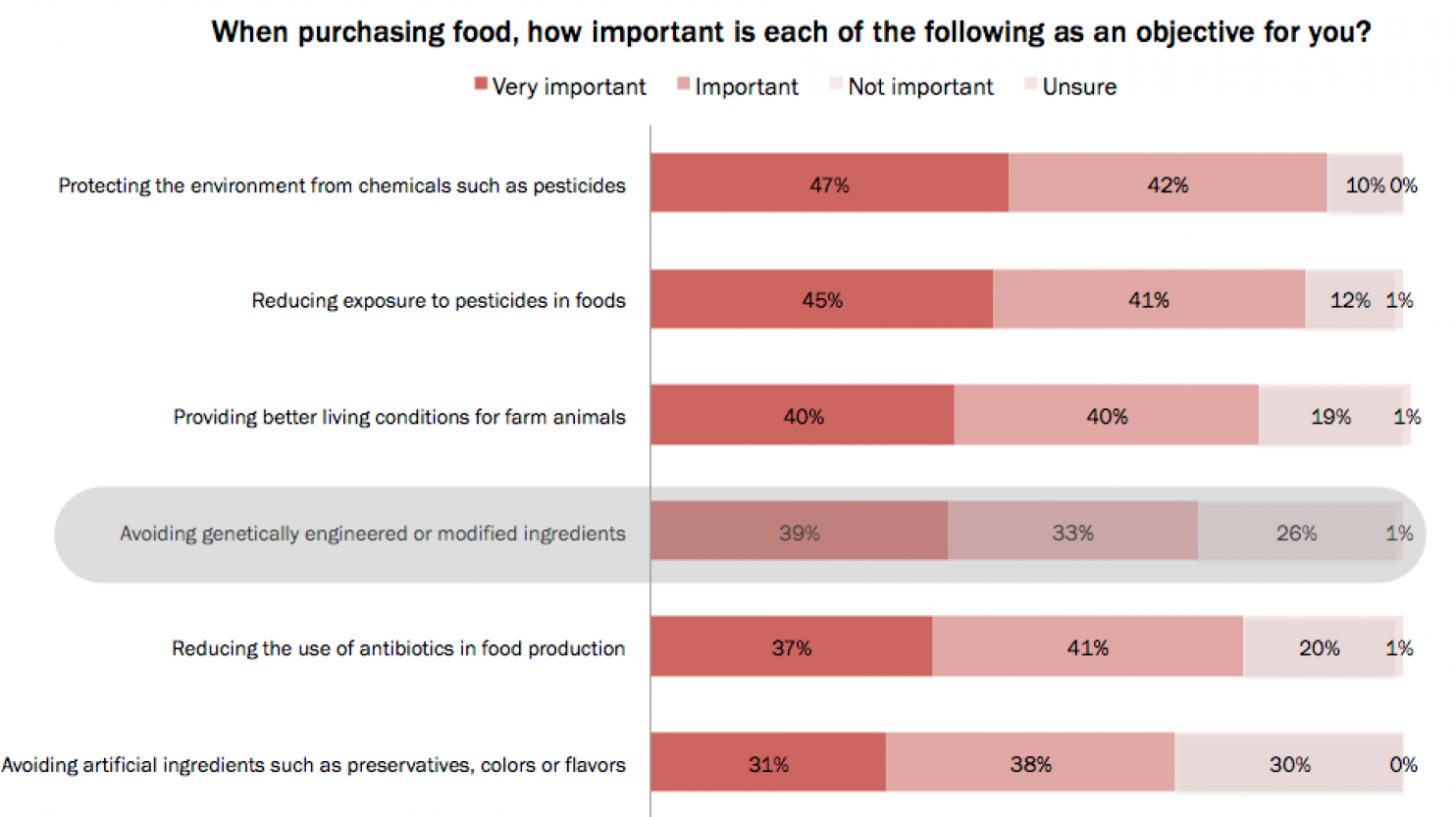
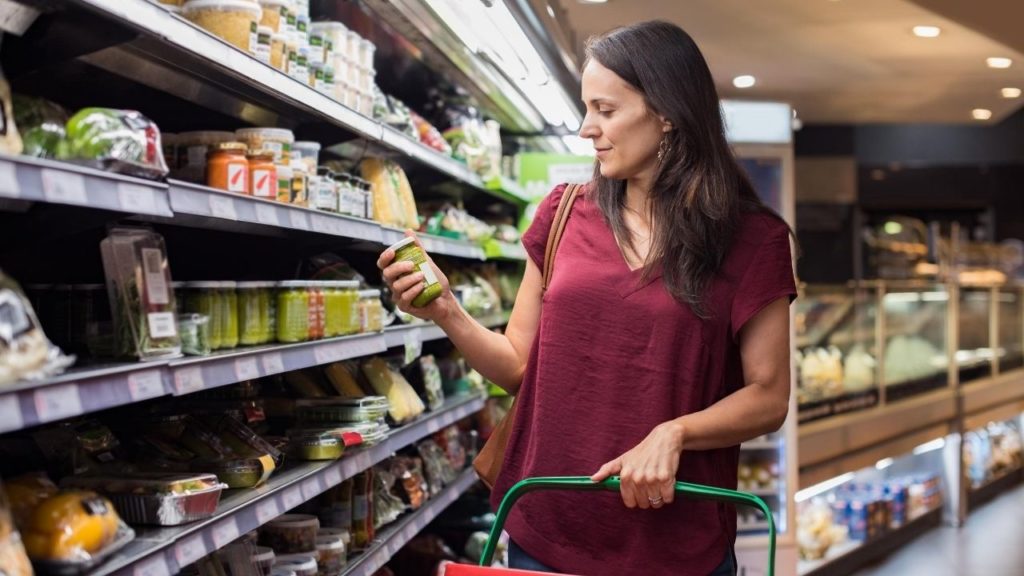

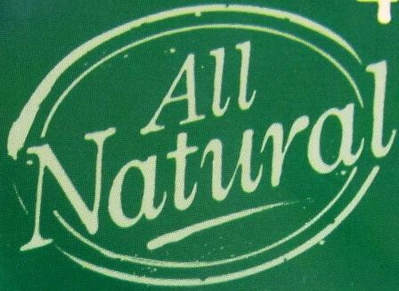
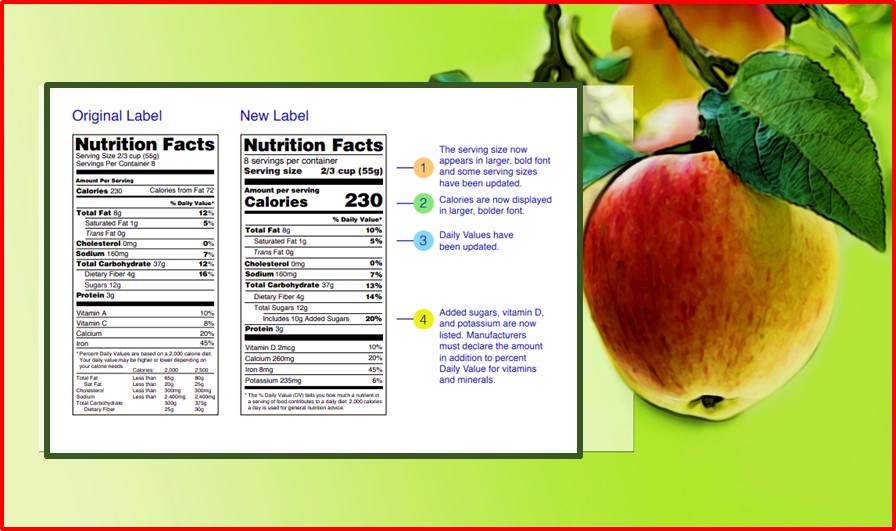

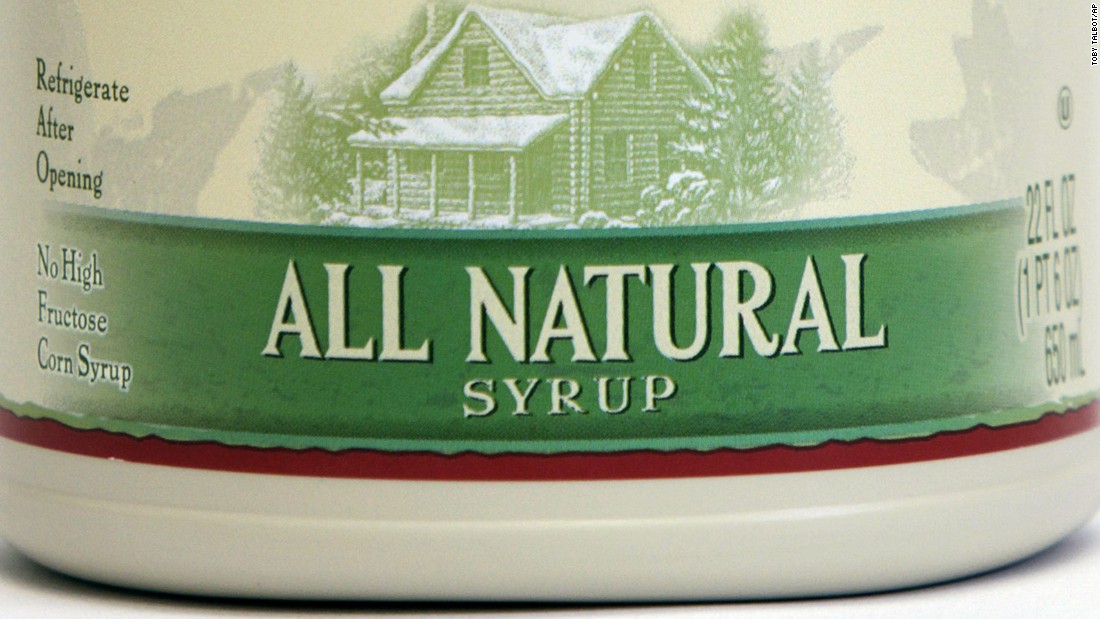



Post a Comment for "40 natural claims on food labels"